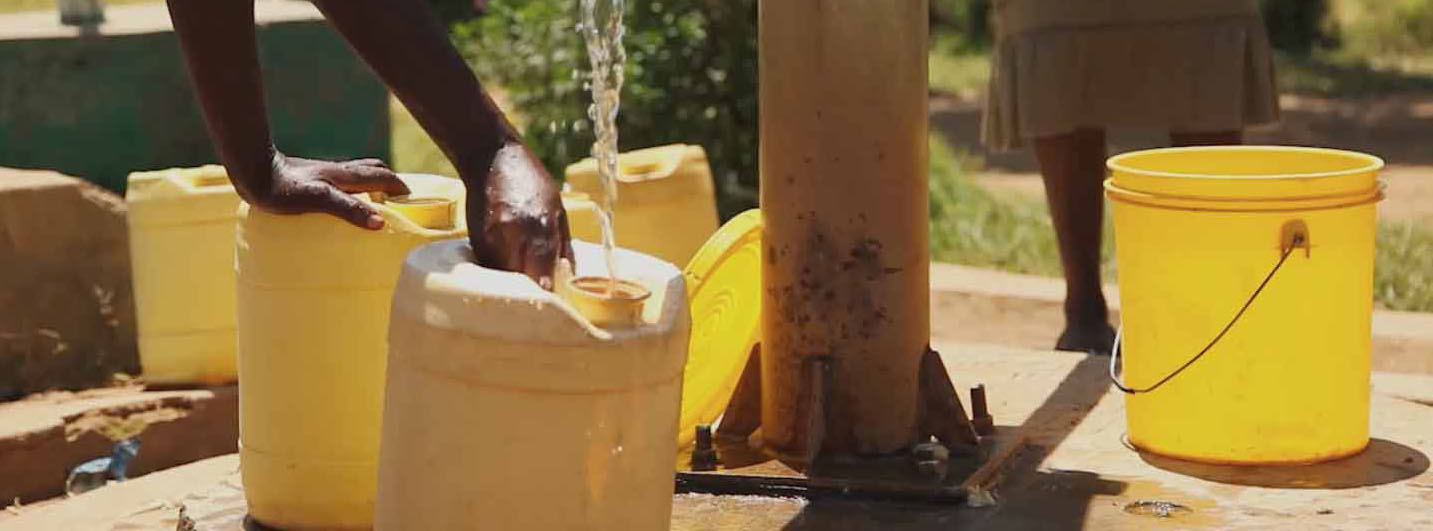Around the globe, approximately 2.2 billion people lack safe drinking water, and around 4.2 billion people lack safely managed sanitation. Even in the United States, access to water and sanitation is not universal. Climate change threatens to worsen income disparities and current inequities in access to clean, reliable, and affordable water and sanitation.
It is imperative that climate resilience strategies address the needs of frontline communities and that efforts to meet water and sanitation needs consider climate change impacts.
The Pacific Institute is addressing climate impacts on access to water and sanitation, as well as livelihoods and well–being for frontline communities in the United States and around the world. This critical work helps ensure investments that address the current humanitarian crisis also consider climate change and the related uncertainties.
Featured:
Pacific Institute Launches New Water & Climate Equity Strategy for United States
History of Pacific Institute Work on Sustainability Equity and Justice 1987 – 2022
Water, Sanitation and Hygiene: Three Essential Ingredients to Resilient Agricultural Supply Chains
Water and the COVID-19 Pandemic: Equity Dimensions of Utility Disconnections in the U.S.
Plumbing the Depths: Californians Without Toilets and Running Water
Drought and Equity in California


